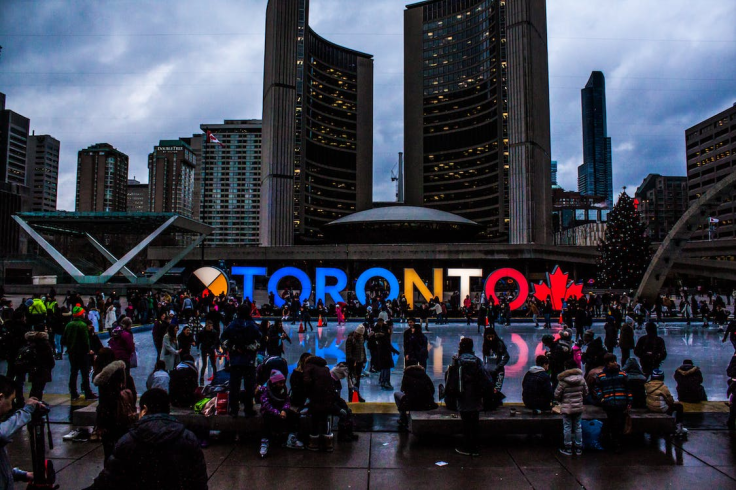Canada's immigration policies have long been a point of pride for the nation, promoting diversity, cultural enrichment, and economic growth. However, recent surges in immigration, particularly in the form of international students, have triggered a nationwide debate.
The Canadian government, facing mounting criticism and public concern over an affordable housing crisis, is now contemplating setting caps on visas for international students and temporary foreign workers. This move is not without its challenges, as it requires delicate negotiations between federal and provincial authorities. We delve into the evolving situation, examining the motivations, potential consequences, and the government's approach to navigating this complex issue.

The Immigration Minister's Concerns
Immigration Minister Marc Miller's recent statements have underscored the urgency of addressing the surge in international student visas. Miller expressed concern over the "disconcerting" volume of incoming international students, stating that the system had "gotten out of control." He acknowledged the impact of such high volumes on housing affordability, emphasizing the need to scrutinize the situation and implement measures to regain control.
A Shifting Public Opinion
A November 2023 public opinion poll revealed that three-quarters of Canadians believe immigration is a key driver of the housing crisis and a strain on healthcare systems. A significant majority also recognizes the contributions of young immigrants to the workforce and the tax base, supporting older generations. However, a notable shift in sentiment has occurred, with 48% of respondents expressing a desire for fewer immigrants, up from 39% in March 2022.
Timing and Implementation of Caps
Miller outlined plans to address the issue in the first half of 2024, focusing on controlling the flow of international students. After tightening rules and processes in the latter half of 2023, the government plans to examine individual academic institutions across provinces. Given the division of responsibilities between federal and provincial governments, negotiations are essential to establish a nationwide cap that considers regional differences and institutions' needs.
Concerns about Designated Learning Institutions
Miller expressed concerns about the integrity of the Designated Learning Institution (DLI) system, where some institutions leverage permissive models, attracting students with promises of quality education but delivering subpar experiences. Balancing the needs of academic institutions with the necessity of a cap poses a challenge, as higher education in Canada heavily relies on international student enrollments for financial stability.
Motivations behind the Policy Shift
The decision to cap international student visas stems from the absence of caps on non-permanent residents, including students and temporary foreign workers. In 2023, the population of non-permanent residents grew by over half a million, reaching 2.5 million people-an 80% increase since the fourth quarter of 2021. With net migration driven significantly by non-permanent residents, concerns about housing affordability have intensified.
Impact on the Housing Market
Benjamin Tal, managing director and deputy chief economist at CIBC Capital Markets, emphasized the affordability crisis faced by Canada due to the influx of people. While immigrants contribute significantly to the economy, the strain on housing supply has created an urgent need for solutions. The delay in expanding affordable housing stock exacerbates the challenges, prompting a critical examination of immigration policies.
As Canada stands at the crossroads of immigration management, the government faces the challenging task of balancing economic growth, cultural diversity, and the pressing need for affordable housing. Navigating this delicate situation requires collaboration between federal and provincial authorities, considering the needs of academic institutions, and addressing the concerns of a public increasingly wary of the consequences of uncontrolled immigration. The coming months will likely shape the future of Canada's immigration policies, impacting not only the demographic landscape but also the nation's economic and social fabric.
© 2025 University Herald, All rights reserved. Do not reproduce without permission.








